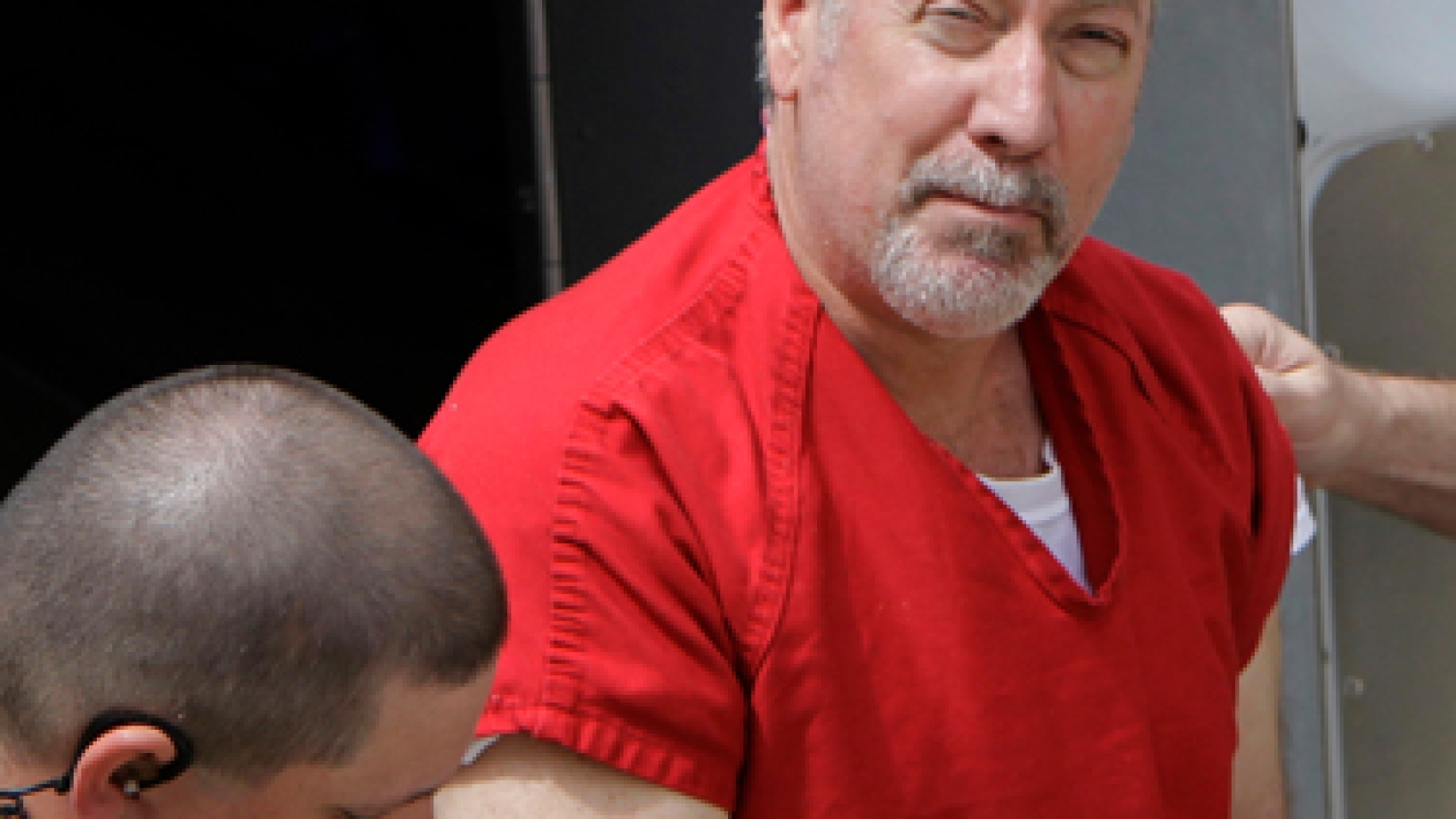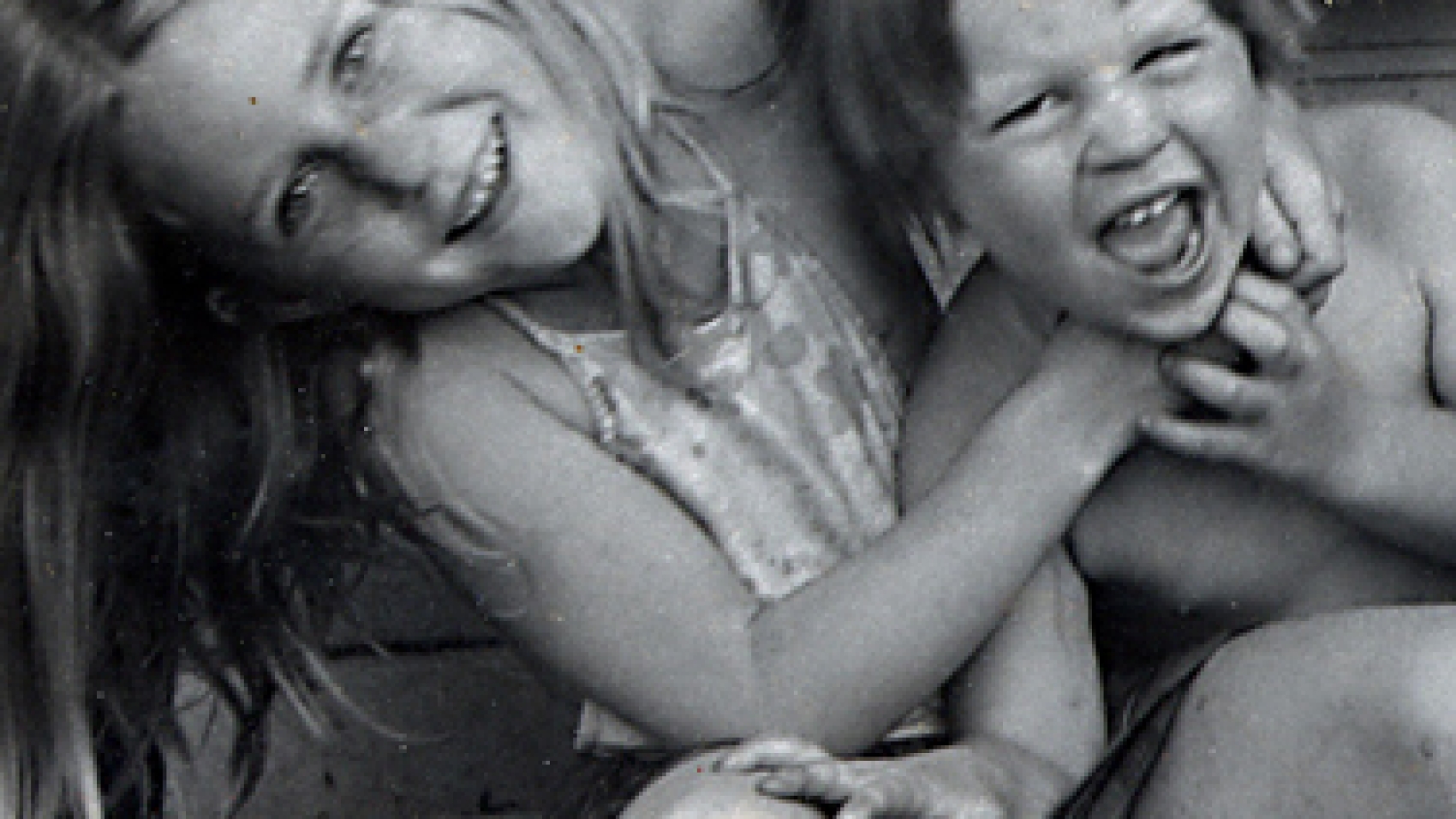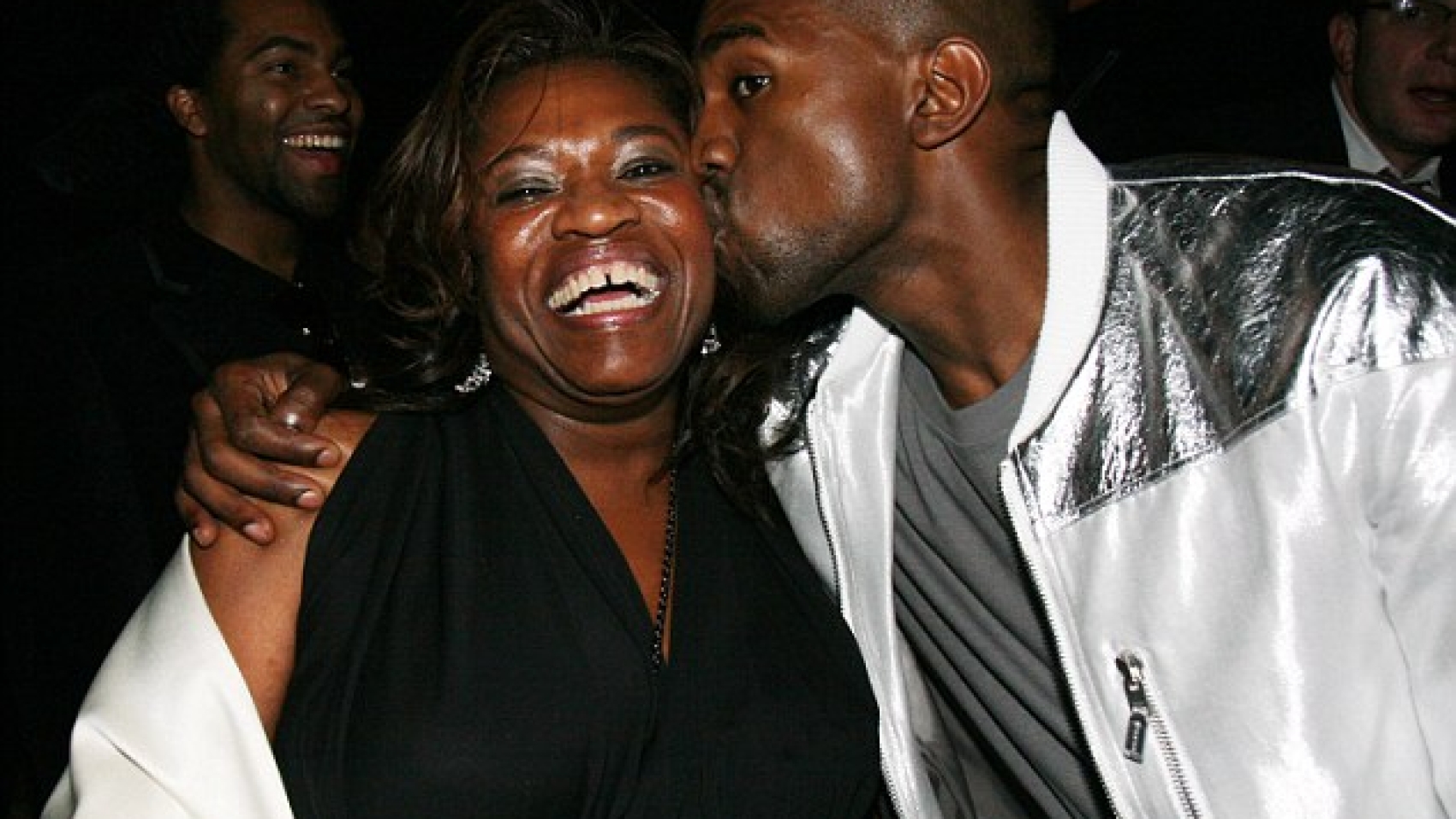As if Britney didn’t have enough problems with her lackluster performance at last week’s MTV awards, the judge in her child custody case ruled this week that she is a “habitual, frequent and continuous” user of alcohol and drugs and must undergo twice-weekly random drug and alcohol testing. The court also ruled that both Britney and her ex, Kevin Federline, cannot use alcohol for 12 hours prior to having the kids. To top it off, Britney was also ordered to meet with a parenting coach and both parents must complete a “Parenting Without Conflict” course.
What did Brit do in response? Well, laying low isn’t her style. Instead, she went out that evening, not to one club, but two, and partied hard ‘til closing time, with plenty of photographers around to document it. It was reported that she was dancing on the tables, trying to look really sexy. I’d say looking really desperate.
This is classic behavior for someone in as desperate a state as Britney. The judge is giving her one last chance to pull back from her addictive behavior, so she won’t lose her two boys to her ex. But Brit’s been on an adolescent streak of rebellion for some time now (first with her ex, then her parents – most recently, she’s fired her hairdresser, her attorney, and even her manager has quit). Child stars have a really hard time growing up, and we’re watching in rapt fascination as poor Brit goes through the terrible two’s.
Britney’s former bodyguard, Tony Barretto, went over to the other side at the custody hearing and was ready to testify against his former boss and accuse her of drug use and issues of safety and nudity in front of her children. Tony claimed he was only doing it “because he too had small children.” Does this pass the “smell test” for truth? No! Fortunately, the judge saw through it, and declined to hear his testimony.
Likewise not passing the “smell test” is ex Kevin Federline who protests he’s just looking out for his kids’ welfare in trying to get full custody. More likely he’s looking to increase the child support he gets when the kids are in his custody! No doubt he sees the children as a meal ticket.
What is it about Britney that prompts her self-destructive behavior? One reason is that she didn’t learn any normal coping skills as a child star. Where most regular folks learn early on that they won’t always get their way, young stars like Britney and Lindsey Lohan are given free reign as long as they continue to pull in the money. By the time they are young adults, 18-20, their view of the world and their role in it is pretty twisted: they’re convinced that they’re the center of the universe and everyone else is simply there at their pleasure. When things don’t go their way, they try to numb their feelings with drugs and alcohol. As their lives careen out of control, and producers, friends, exes and judges fail to fall into line, they become increasingly miserable, even despondent, and turn again to addictive substances, and the cycle begins again.
Britney’s never had a chance to find out who she really is or what she really wants. As a show child, her entire life has been focused on performance and competition, not inner happiness. Britney simply didn’t have the coping skills to have handled the stress of her “comeback” attempt at the MTV awards, so she skipped the rehearsals (fear), fired her hairdresser in a fit of anger (read: fear), and tried to drink her way through the performance (fear again).
Will she sabotage herself as savagely in the custody battle? It’s so obvious that the one thing she really has going for her is her real love for her children. Knowing Britney and her propensity for creating one train-wreck after another, it doesn’t look too promising.
The key is for Britney to “hit bottom” (hopefully, she’s close!) Then, she’d be in the right frame of mind for a successful rehab. In rehab, she’d be a part of a tribe of her own peers: people who’ve been where she’s been, and who are where she is right now. In that setting, she’d have a chance to go within and find her real feelings that she’s not had a chance to get in touch with before. At the same time, she’d have the support to get off the drugs and alcohol that keep her from connecting to these feelings.
We all hope that Britney will turn her life around!







